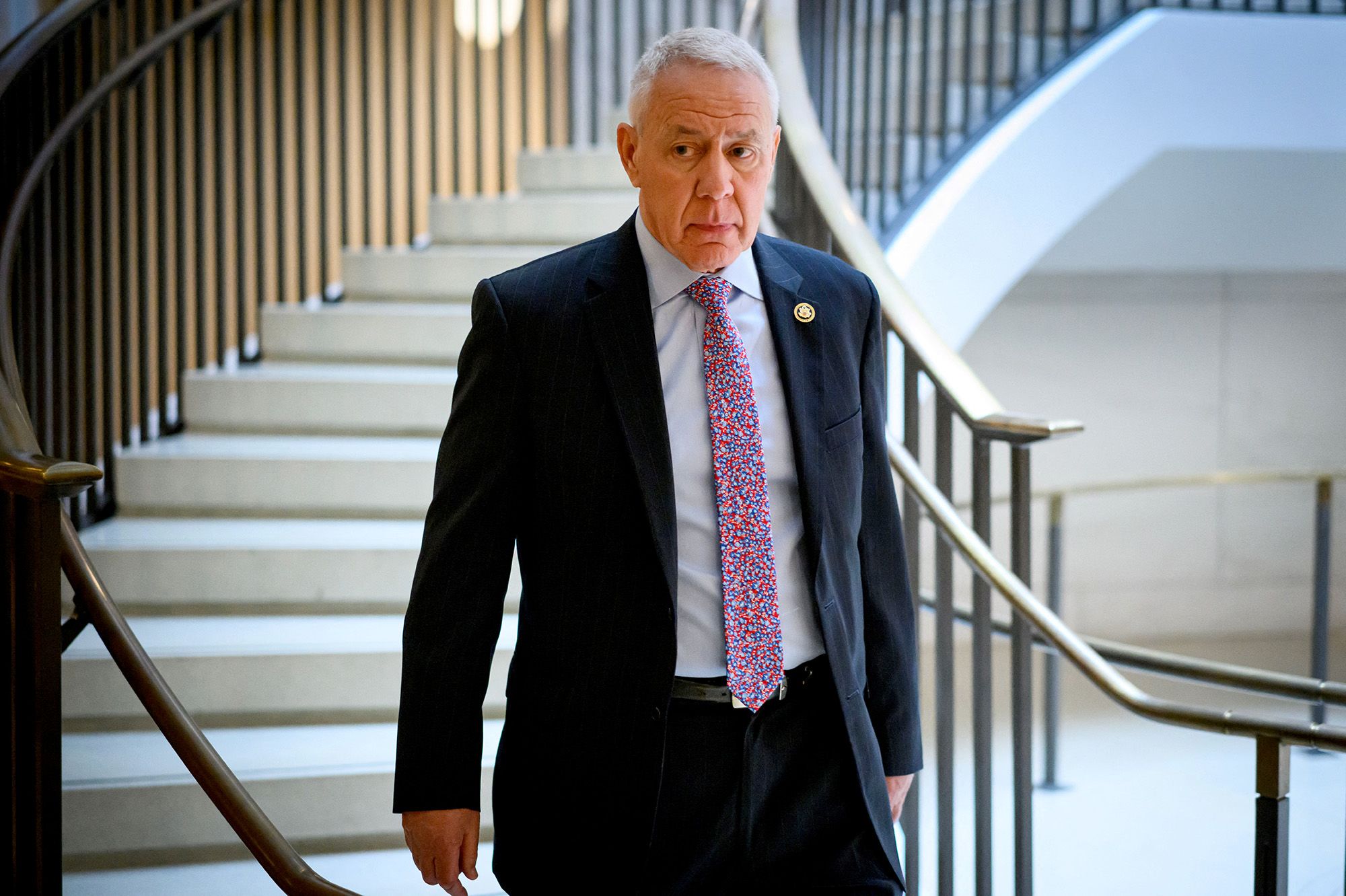Ken Buck, the Republican Representative from Colorado known for his staunch conservative stance and occasional clashes with his own party, announced on Tuesday that he will be stepping down from Congress at the end of next week.
In a conversation with CNN’s Dana Bash, Buck expressed his frustration with the current state of affairs on Capitol Hill, describing it as the most challenging period in his nearly decade-long tenure. He said, “It is the worst year of the nine years and three months that I’ve been in Congress and having talked to former members, it’s the worst year in 40, 50 years to be in Congress. But I’m leaving because I think there’s a job to do out there.”
Buck lamented the decline of productive discourse in Congress, stating, “This place has just devolved into this bickering and nonsense and not really doing the job for the American people.”
The departure of the Colorado Republican will have significant implications for the House’s partisan composition. Republicans currently hold a razor-thin majority, which has often forced Speaker Mike Johnson to rely on votes from both Democrats and Republicans to pass key legislation. Buck’s early departure will further narrow the Republican majority to 218 seats over 213 for Democrats, with three vacancies. This means Republicans can only afford to lose two votes to pass legislation on a party-line vote.
When asked by Bash if Donald Trump’s status as the presumptive GOP nominee influenced his decision, Buck responded, “Whether he was the nominee or not, I think our system is broken in how we choose candidates and I want to get involved in that process.”
Buck further shared his observations from his home state, saying, “Everywhere I go in Colorado, Dana, I hear that people are not happy with Trump and they’re not happy with (President Joe) Biden. I am going to find the right organization to join and I’m going to start working on that issue. We have to have better candidates up and down the ballot.”
Buck, who previously served as a prosecutor with the Department of Justice, was first elected to Congress in 2014. He had announced last year that he would not seek reelection, citing stagnation in Congress and his party’s denial of election results as factors in his decision to not run in 2024.
This story has been updated with additional developments. CNN’s Jack Forrest contributed to this report.

